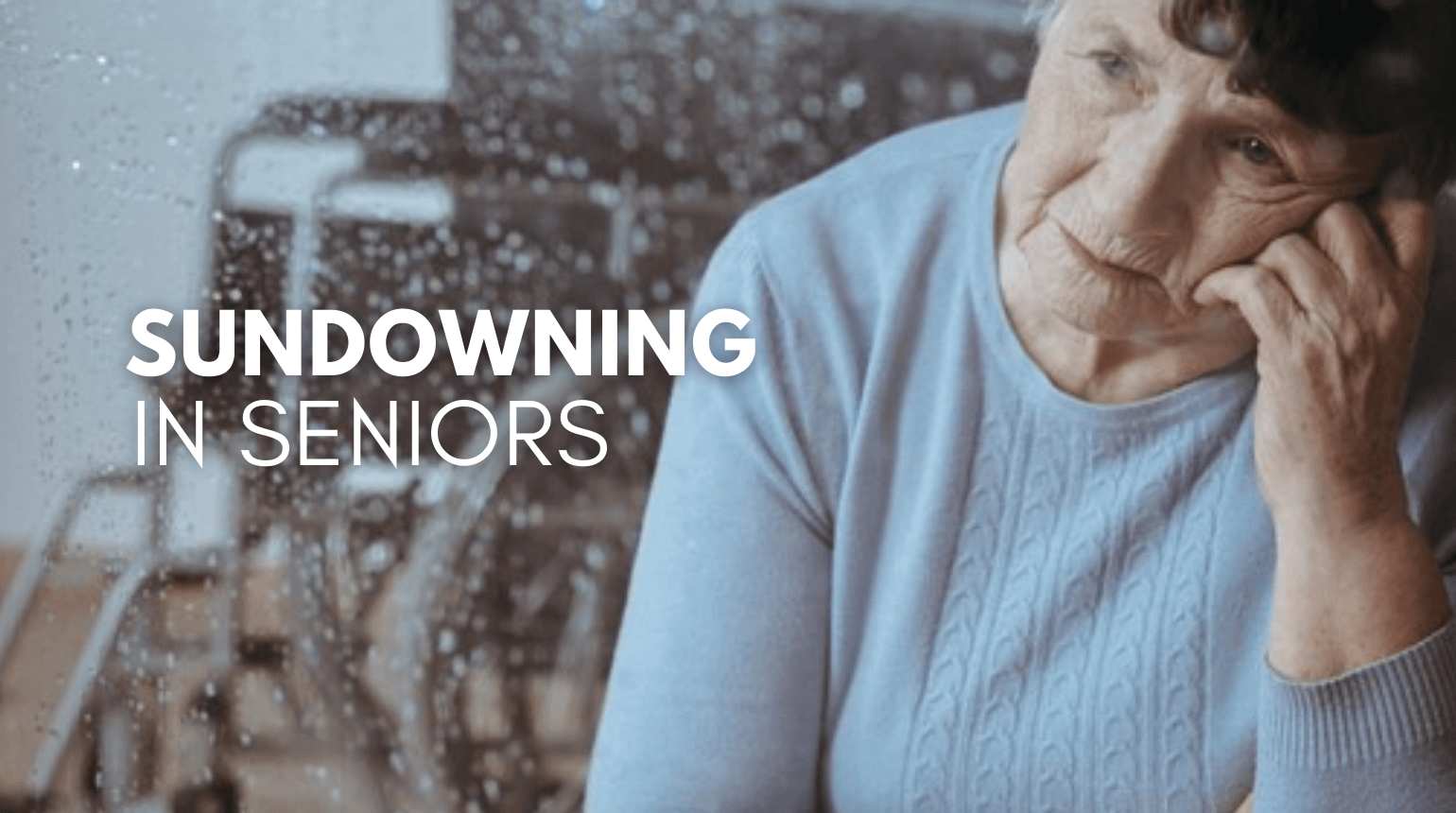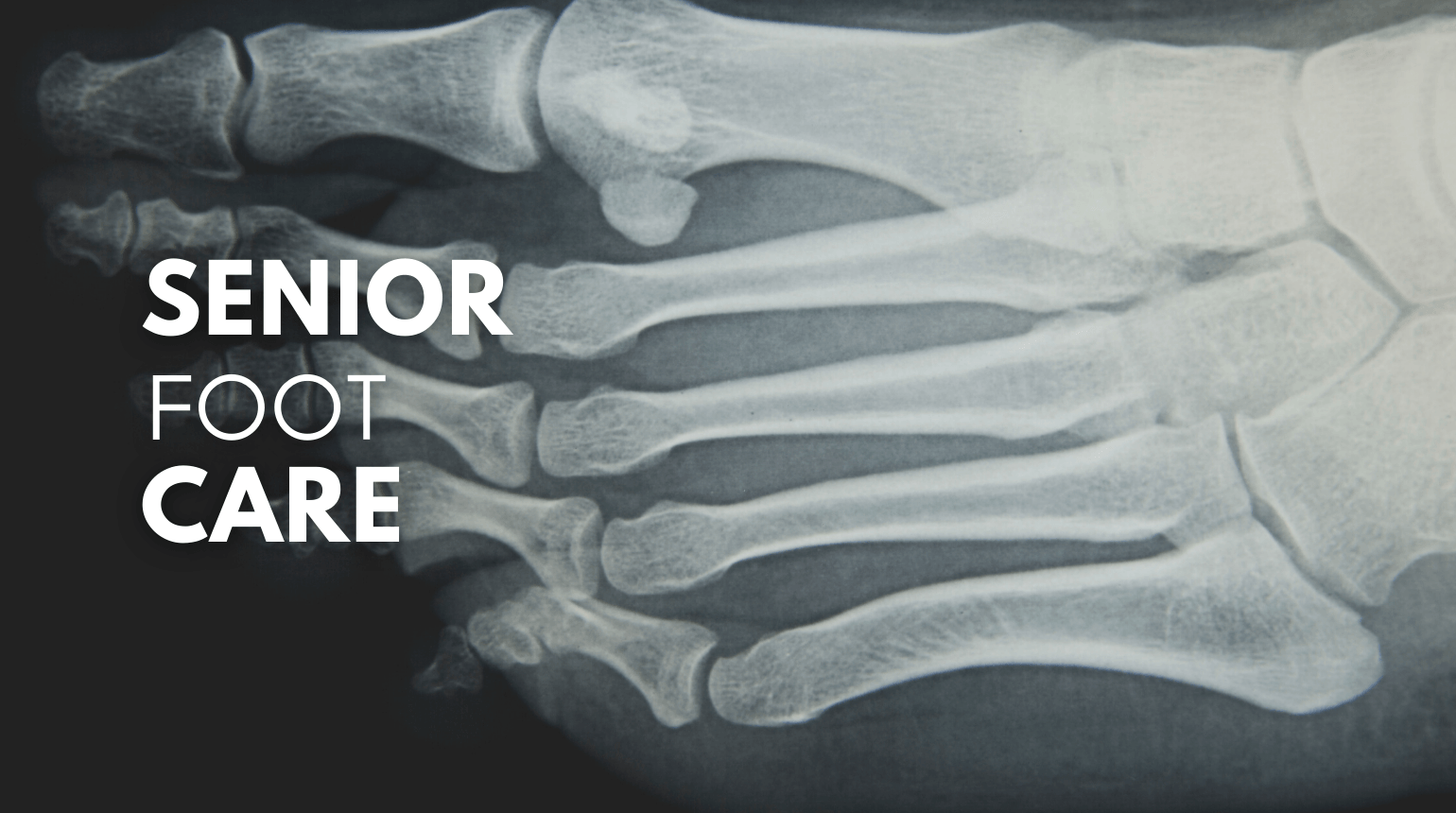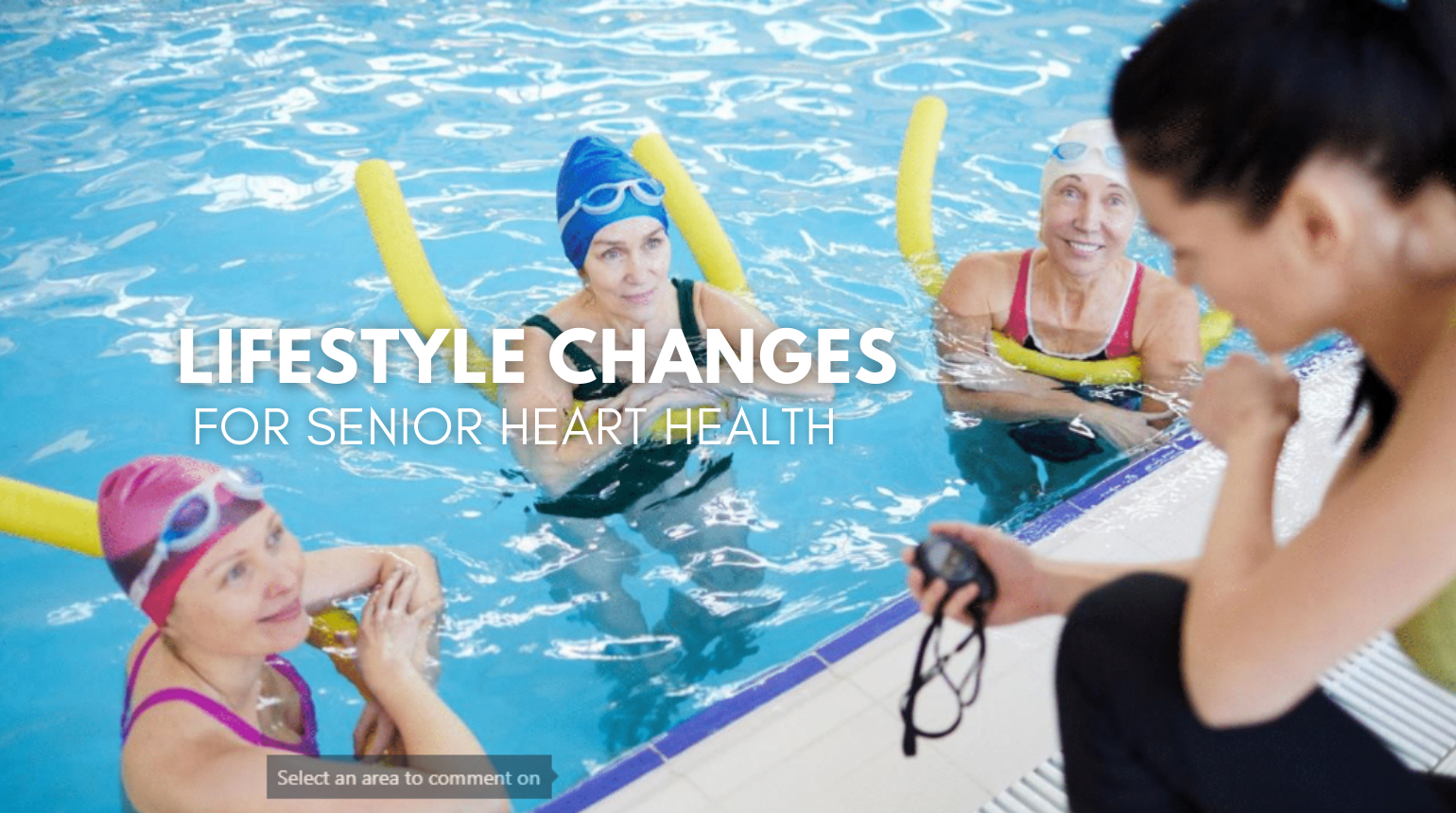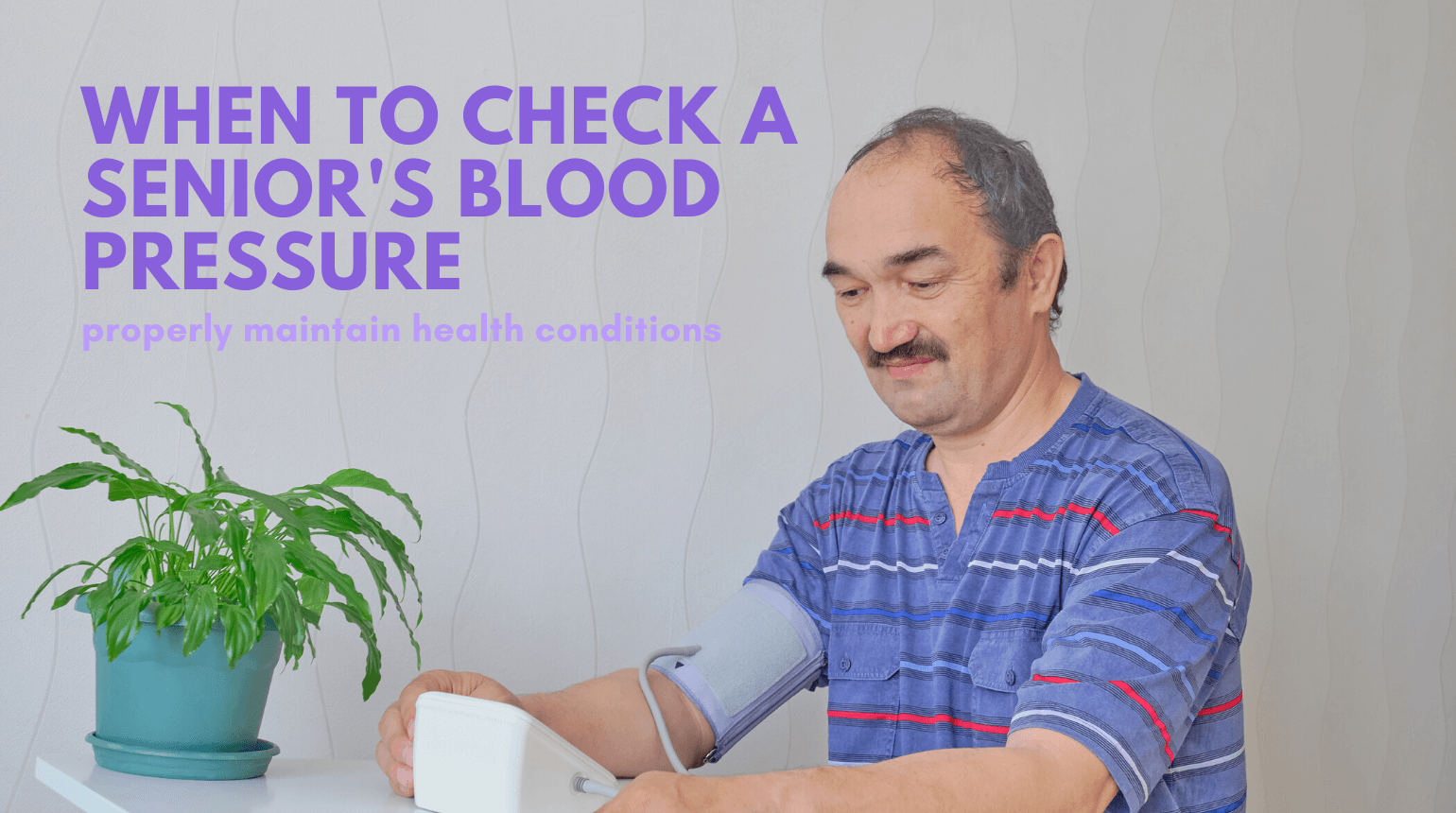An Update Regarding Coronavirus (COVID-19)
Coronavirus (COVID-19) Update From First Choice Senior Care

To Our Valuable Customer & Colleagues
In these times of uncertainty, we want you to know that the safety and health of clients and employees are always a top priority. Now more than ever, our business is you.
As we continue to monitor developments and navigate through these challenging circumstances, we want you to know that you can rely on us always to put your health and safety first.
- One of the safest places our clients can be is at home.
- Our caregivers are aware of proper handwashing techniques and cleanliness.
From the CDC: https://www.cdc.gov/coronavirus/2019-ncov/
From the Arkansas Department of Health: https://www.healthy.arkansas.gov/programs-services/topics/novel-coronavirus
How COVID-19 Spreads
Person-to-person spread: The virus is thought to spread mainly from person-to-person.
- Between people who are in close contact with one another (within about 6 feet).
- Through respiratory droplets produced when an infected person coughs or sneezes.
These droplets can land in the mouths or noses of people who are nearby or possibly be inhaled into the lungs.
Can You Spread the Virus Without Being Sick?
- People are thought to be most contagious when they are most symptomatic (the sickest).
- Some spread might be possible before people show symptoms; there have been reports of this occurring with this new coronavirus, but this is not thought to be the main way the virus spreads.
Spread from contact with contaminated surfaces or objects: It may be possible that a person can get COVID-19 by touching a surface or object that has the virus on it and then touching their own mouth, nose, or possibly their eyes, but this is not thought to be the main way the virus spreads.
How Easily the Virus Spreads
How easily a virus spreads from person-to-person can vary. Some viruses are highly contagious (spread easily), like measles, while other viruses do not spread as easily. Another factor is whether the spread is sustained, spreading continually without stopping. The virus that causes COVID-19 seems to be spreading easily and sustainably in the community (“community spread”) in some affected geographic areas.
Community spread means people have been infected with the virus in an area, including some who are not sure how or where they became infected.
What You Can Do To Keep Yourself and Your Family Healthy
- Take everyday preventive actions to stay healthy.
- Avoid close contact with people who are sick.
- Avoid touching your eyes, nose, and mouth.
- Stay home when you are sick.
- Cover your cough or sneeze with a tissue, then throw the tissue in the trash.
- Clean and disinfect frequently touched objects and surfaces using a regular household cleaning spray or wipe.
- Wash your hands often with soap and water for at least 20 seconds.
- Follow public health advice regarding school closures, avoiding crowds and other social distancing measures.
- Stay informed. CDC’s COVID-19 Situation Summary will be updated regularly as information becomes available.
Before an Outbreak Occurs in Your Community, PLAN AHEAD
Create a household plan of action.
Talk with the people who need to be included in your plan. Meet with household members, other relatives, and friends to discuss what to do if a COVID-19 outbreak occurs in your community and what the needs of each person will be.
Plan ways to care for those who might be at greater risk for serious complications.There is limited information about who may be at risk for severe complications from COVID-19 illness. From the data that are available for COVID-19 patients, and from data for related coronaviruses such as SARS-CoV and MERS-CoV, it is possible that older adults and persons who have underlying chronic medical conditions may be at risk for more serious complications.
Early data suggest older people are more likely to have serious COVID-19 illness.
If you or your household members are at increased risk for COVID-19 complications, please consult with your health care provider for more information about monitoring your health for symptoms suggestive of COVID-19. CDC will recommend actions to help keep people at high risk for complications healthy if a COVID-19 outbreak occurs in your community.
Get to know your neighbors. Talk with your neighbors about emergency planning. If your neighborhood has a website or social media page, consider joining it to maintain access to neighbors, information, and resources.
Identify aid organizations in your community. Create a list of local organizations that you and your household can contact in the event you need access to information, health care services, support, and resources. Consider including organizations that provide mental health or counseling services, food, and other supplies.
Create an emergency contact list. Ensure your household has a current list of emergency contacts for family, friends, neighbors, carpool drivers, health care providers, teachers, employers, the local public health department, and other community resources. Practice good personal health habits and plan for home-based actions
Practice everyday preventive actions now. Remind everyone in your household of the importance of practicing everyday preventive actions that can help prevent the spread of respiratory illnesses:
- Avoid close contact with people who are sick.
- Stay home when you are sick, except to get medical care.
- Cover your coughs and sneezes with a tissue.
- Clean frequently touched surfaces and objects daily (e.g., tables, countertops, light switches, doorknobs, and cabinet handles) using a regular household detergent and water.
- If surfaces are dirty, they should be cleaned using a detergent and water prior to disinfection. For disinfection, a list of products with Environmental Protection Agency (EPA)-approved emerging viral pathogens claims, maintained by the American Chemistry Council Center for Biocide Chemistries (CBC), is available at Novel Coronavirus (COVID-19) Fighting Productspdf . Always follow the manufacturer’s instructions for all cleaning and disinfection products.
- Wash your hands often with soap and water for at least 20 seconds, especially after going to the bathroom; before eating; and after blowing your nose, coughing, or sneezing. If soap and water are not readily available, use a hand sanitizer that contains at least 60% alcohol. Always wash your hands with soap and water if your hands are visibly dirty
- Choose a room in your home that can be used to separate sick household members from those who are healthy. Identify a separate bathroom for the sick person to use, if possible. Plan to clean these rooms, as needed, when someone is sick.
Learn how to care for someone with COVID-19 at home.
Be Prepared If Your Child's School Or Daycare Is Temporarily Closed
Learn about the emergency operations plan at your child’s school or childcare facility. During a COVID-19 outbreak in your community, local public health officials may recommend temporary school dismissals to help slow the spread of illness. School authorities also may decide to dismiss a school if too many students or staff are absent. Understand the plan for continuing education and social services (such as student meal programs) during school dismissals. If your child attends a college or university, encourage them to learn about the school’s plan for a COVID-19 outbreak.
Plan for Potential Changes at Your Workplace
Learn about your employer’s emergency operations plan. Discuss sick-leave policies and telework options for workers who are sick or who need to stay home to care for sick household members.
Learn how businesses and employers can plan for and respond to COVID-19.
If you have any questions or concerns, please contact our offices during business hours between 8:30 am and 4:00 pm: (501) 916-9307
Sincerely,
Kayla and Jeff
Are you or a loved one considering elderly care, dementia care, fall prevention or other in-home care services in Little Rock or Central Arkansas? First Choice Senior Care can help. Please call and talk to our caring staff today: (501) 916-9307.
About the Author
Co-Owner, First Choice Senior Care
Kayla Stephens is the co-owner of First Choice Senior Care. She grew up in Northeast Arkansas, and has worked in rehabilitation, hospice care, managed nursing homes and a large home care agency. She has received several awards for sales and quality achievements in hospice and long-term care.
Kayla believes in advocating for and educating seniors and their families on a variety of topics and issues that impact them. Reflecting on the need for an independent home care provider interested in quality over quantity, she chased her dream of building her own company that would make a significant difference in the lives of seniors, providing a much-needed service in her own local community.
Kayla holds a Bachelor of Science degree from Arkansas State University, is licensed by the state of Arkansas as a Long-Term Care Administrator, and is a Certified Senior Adviser.
Recent Posts




Expert Members of
Approved Senior Network
Recent Posts


All Rights Reserved | First Choice Senior Care






